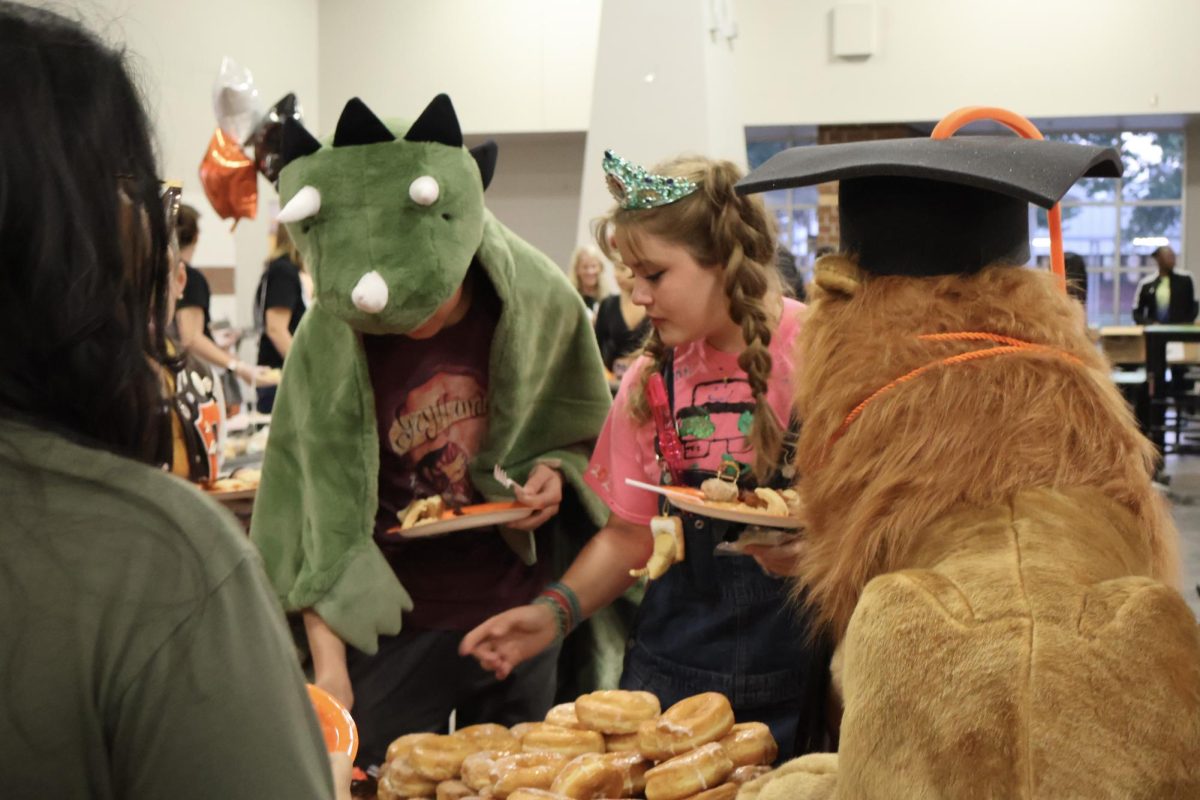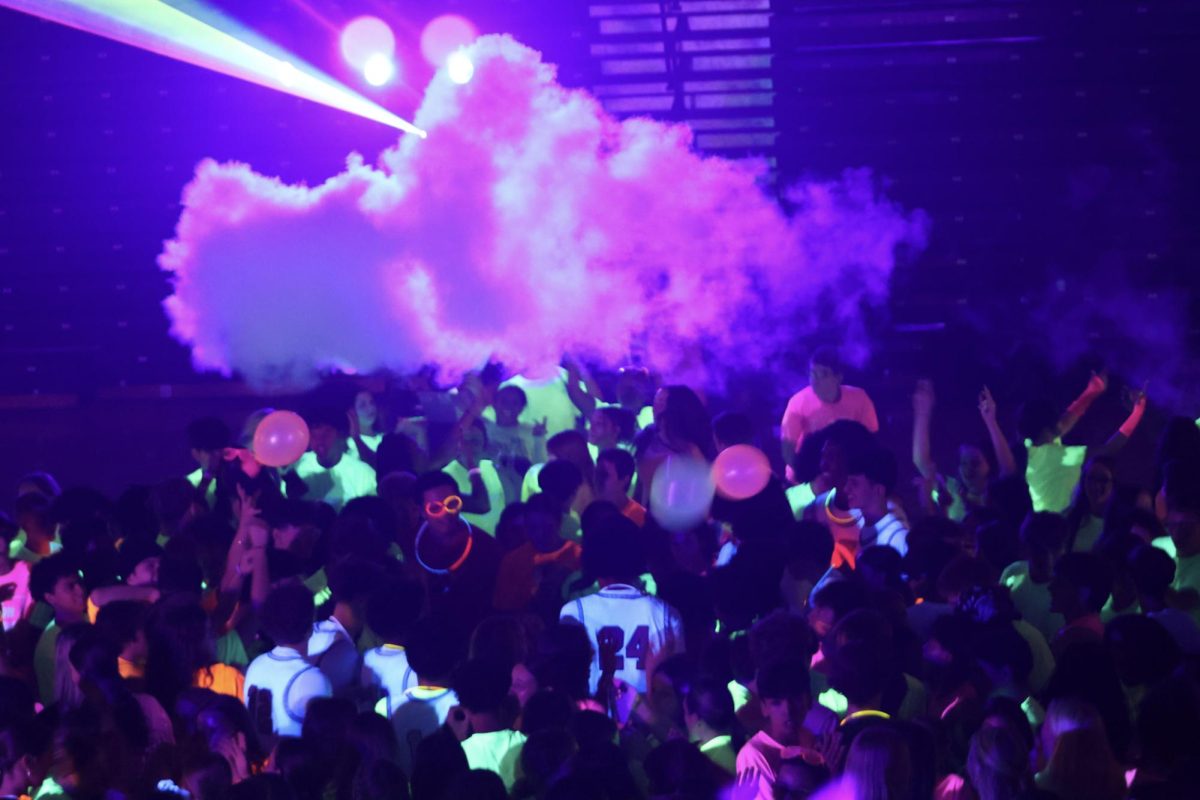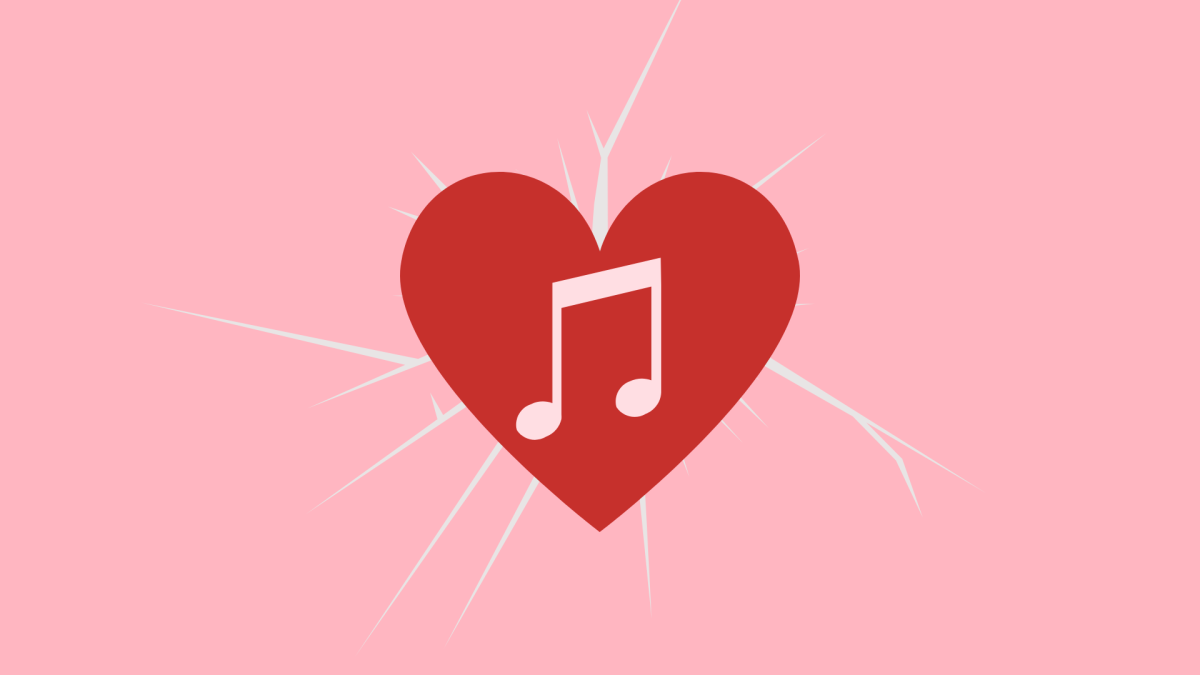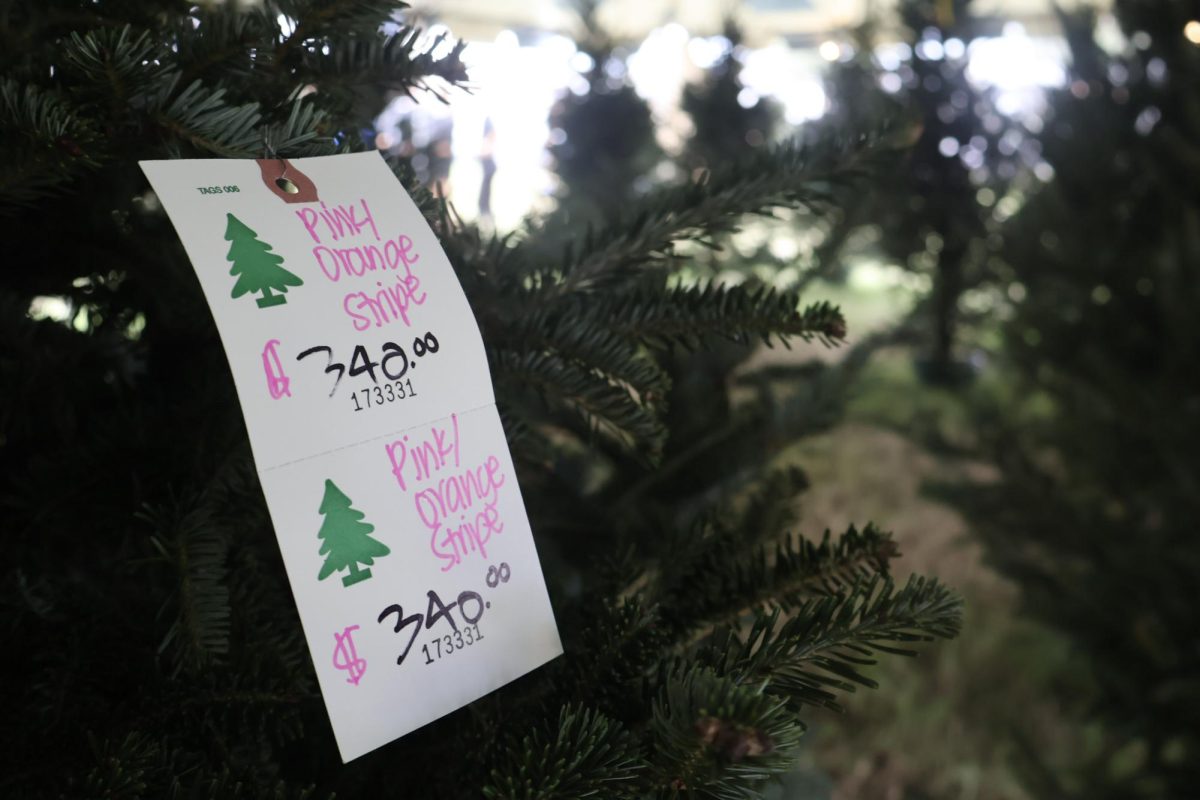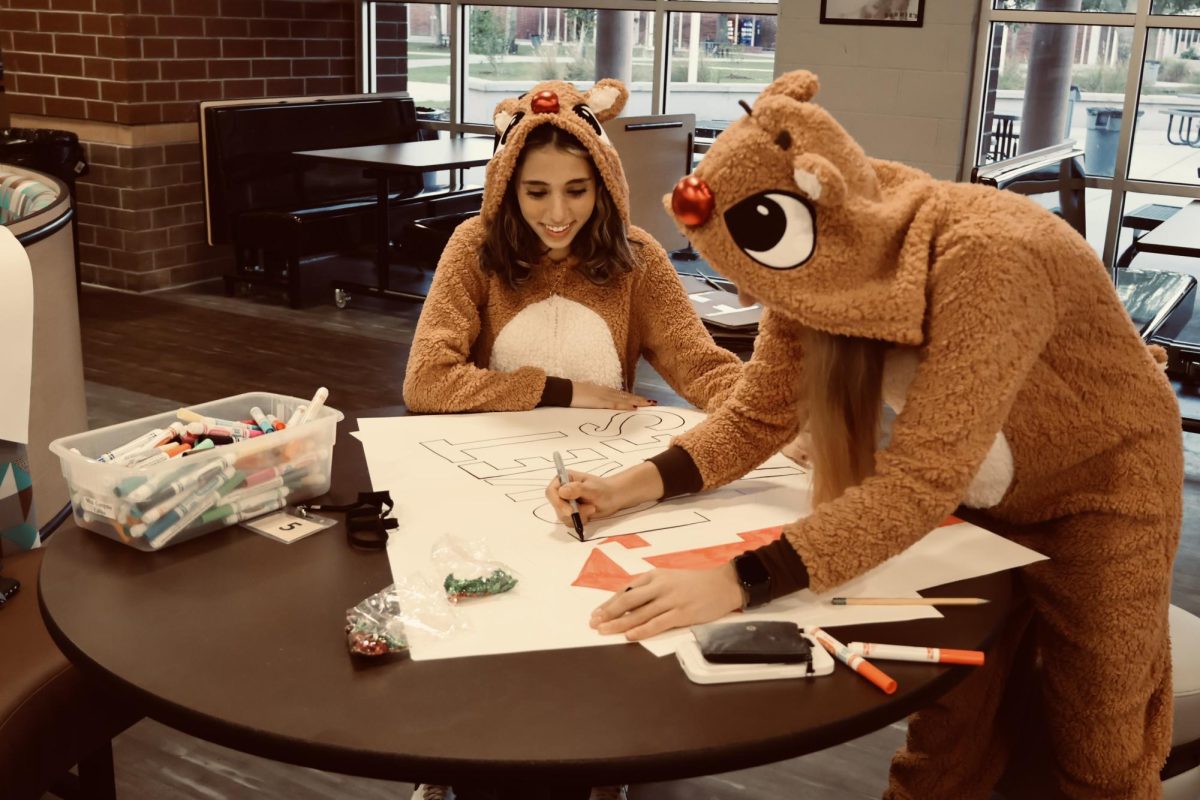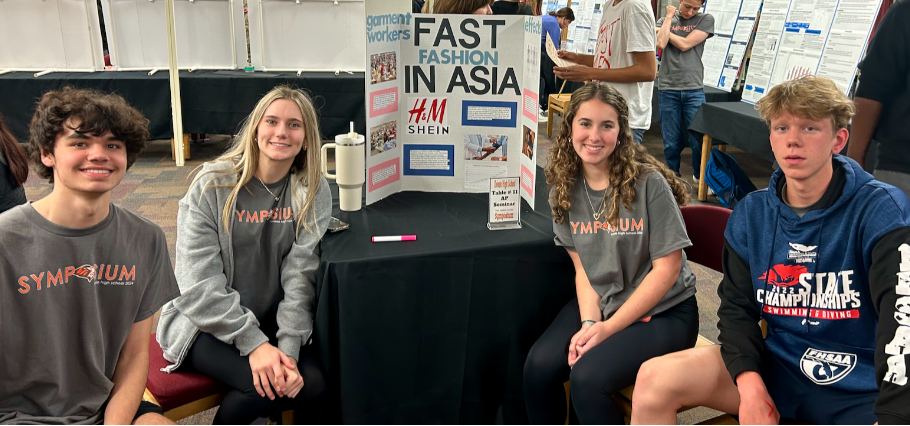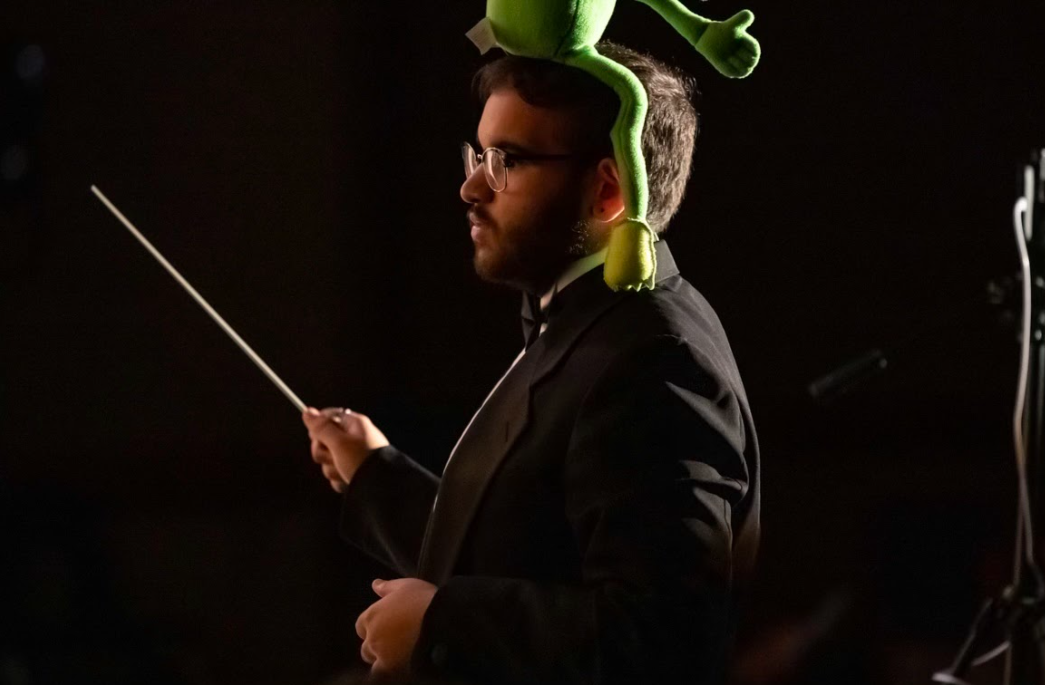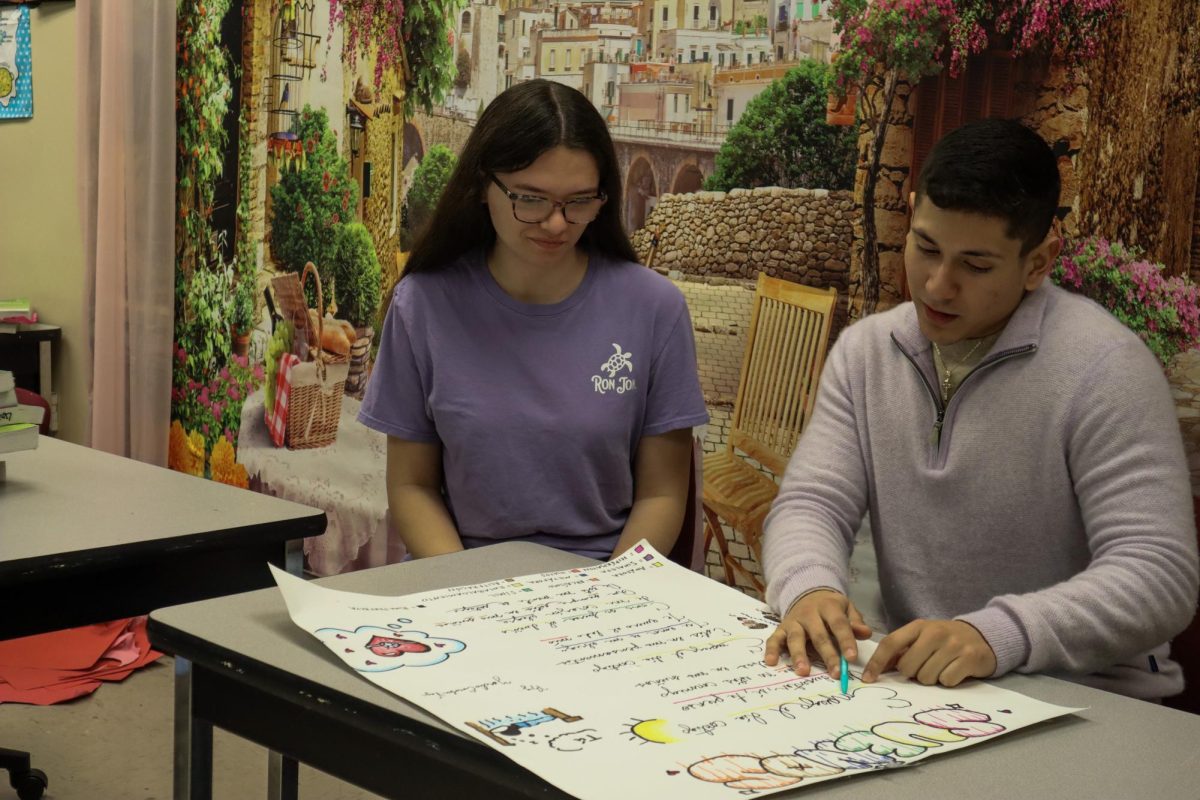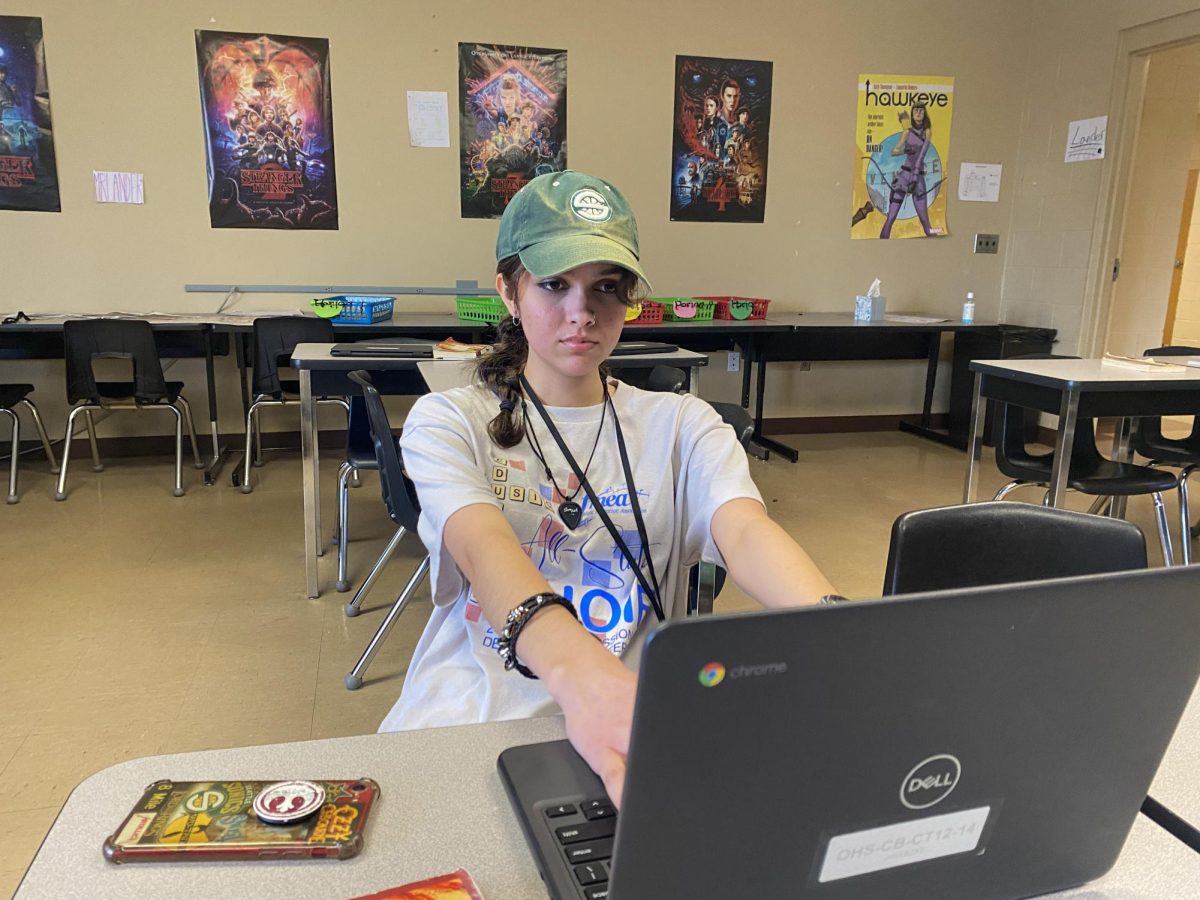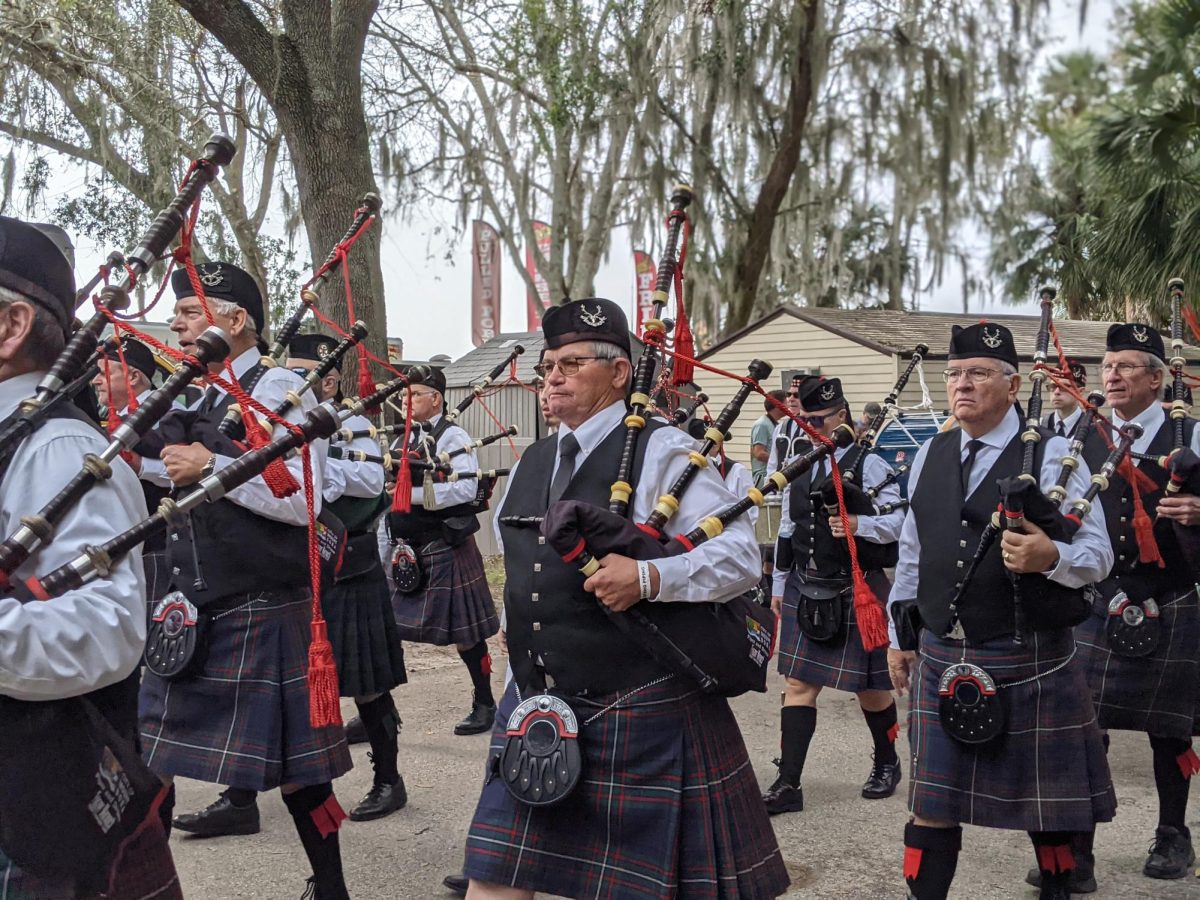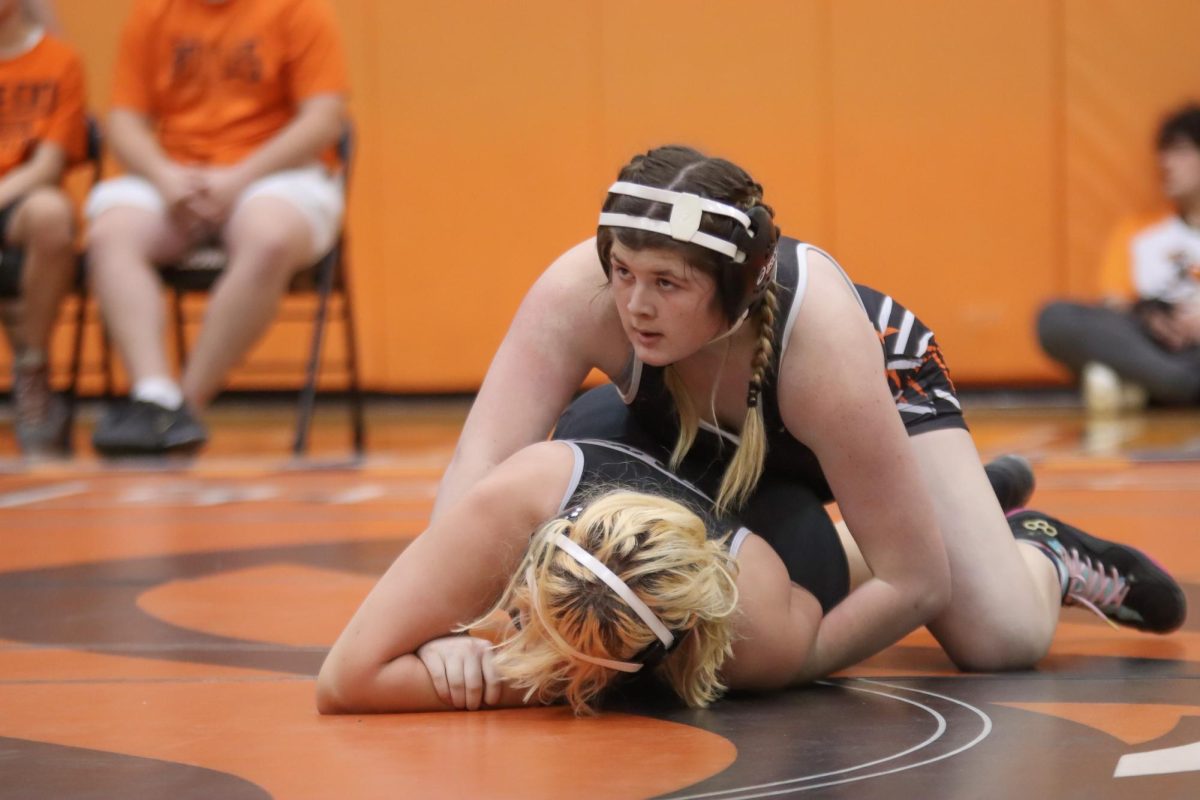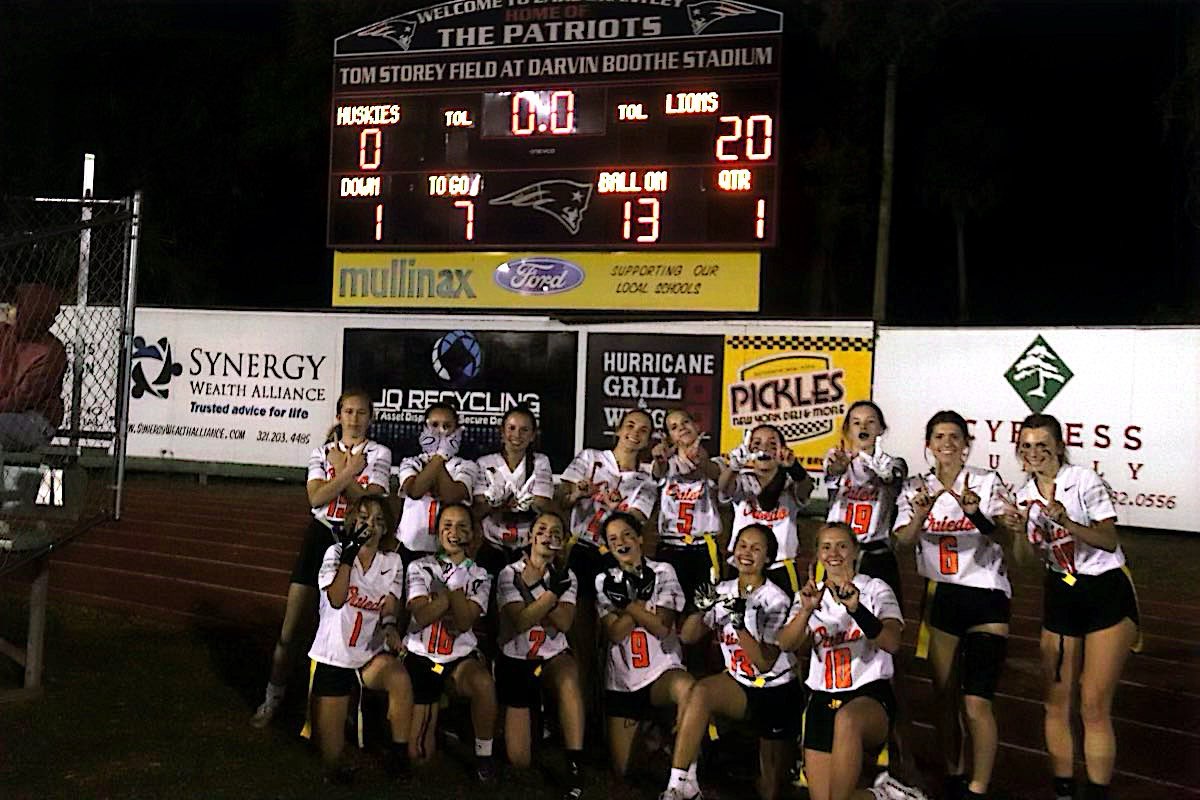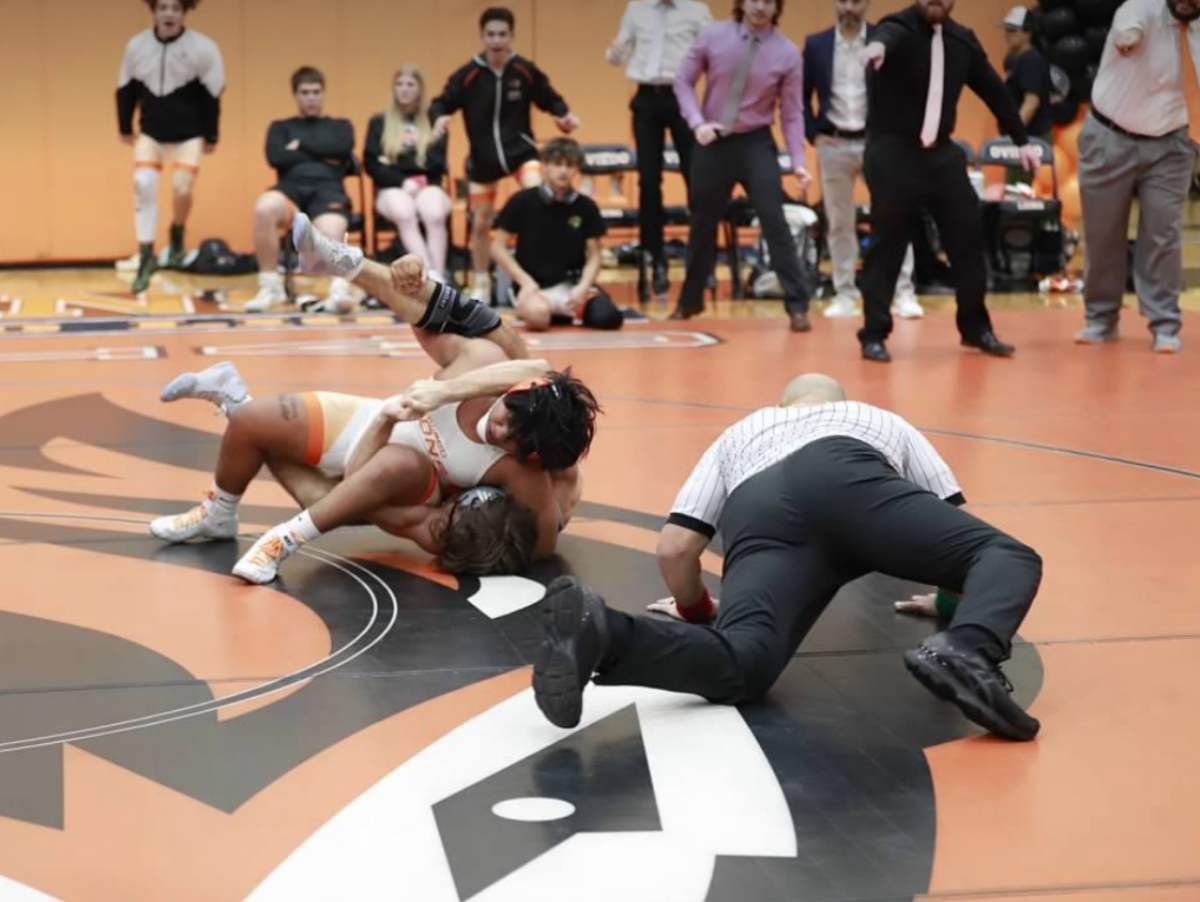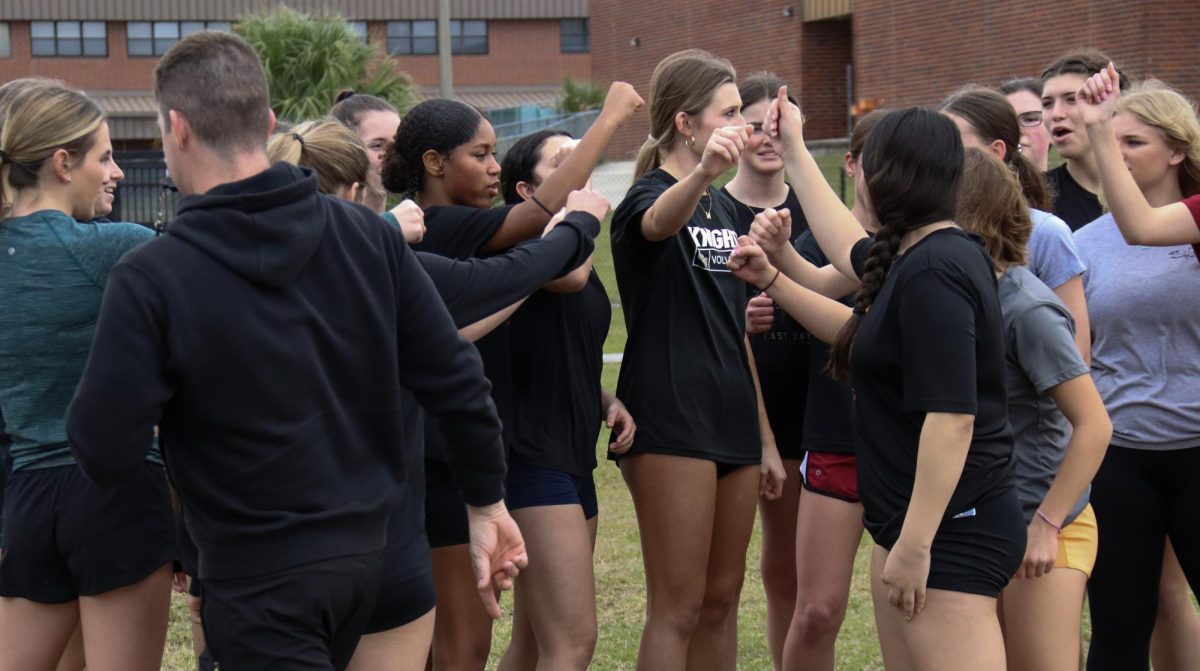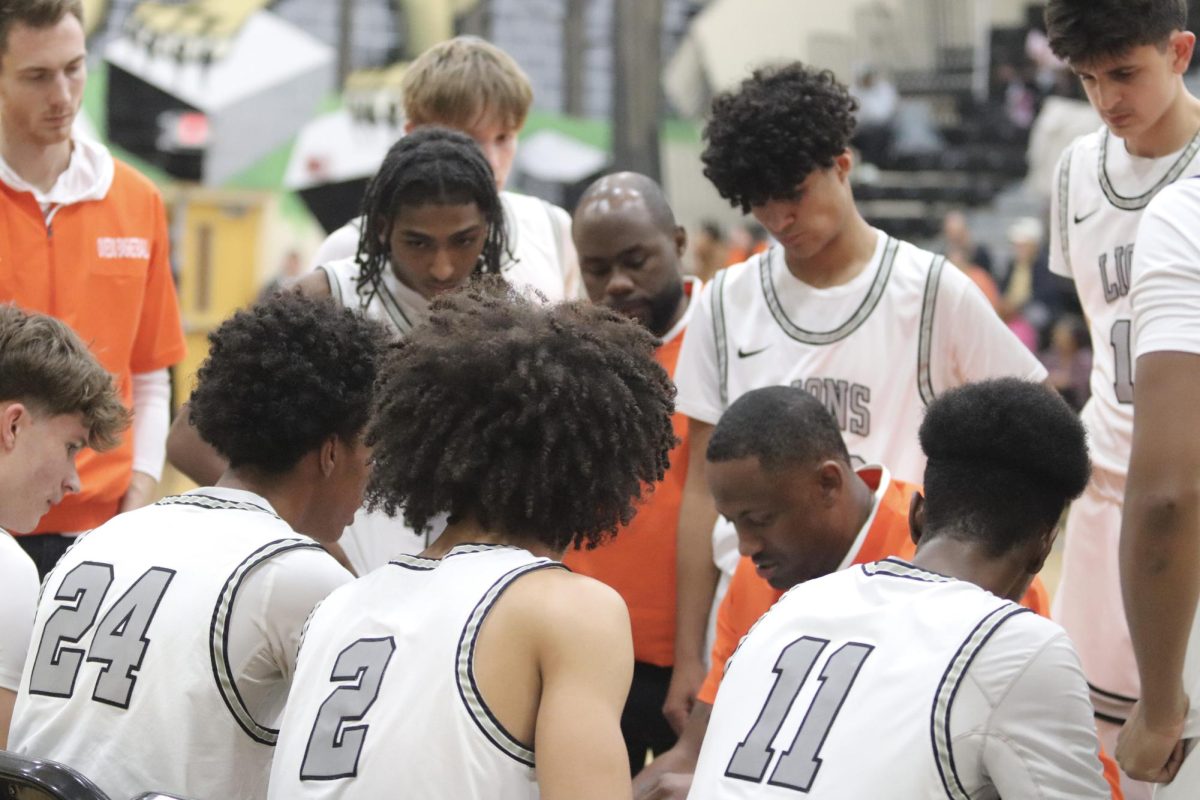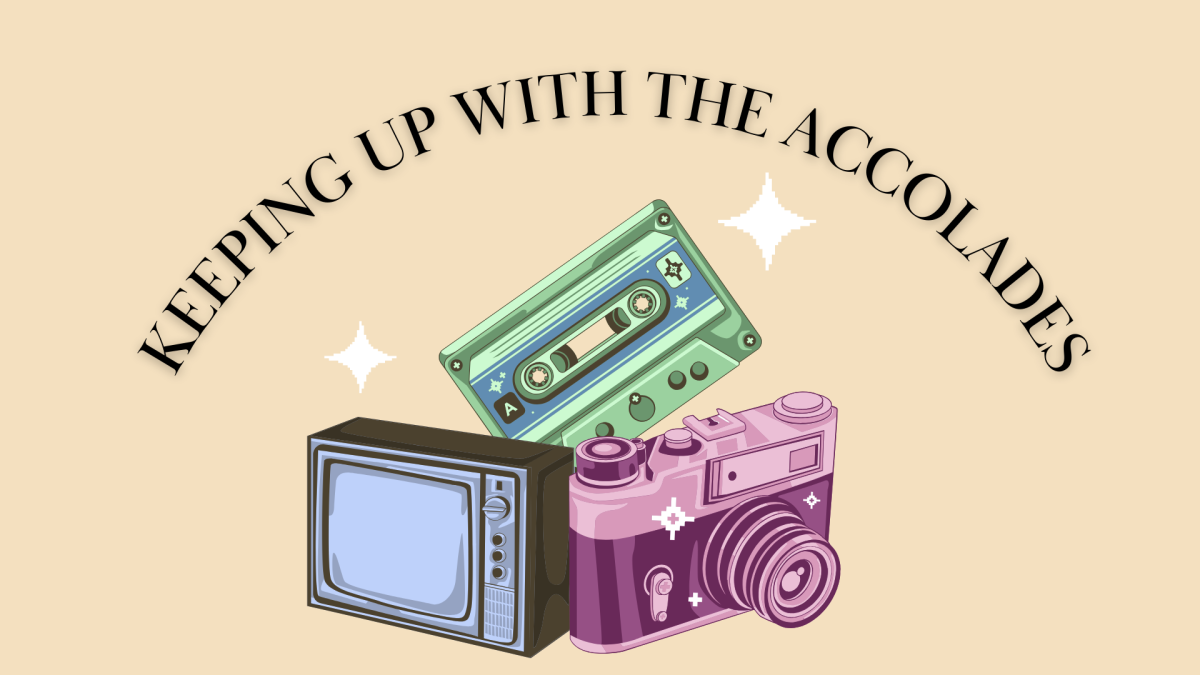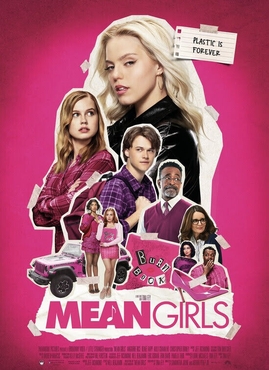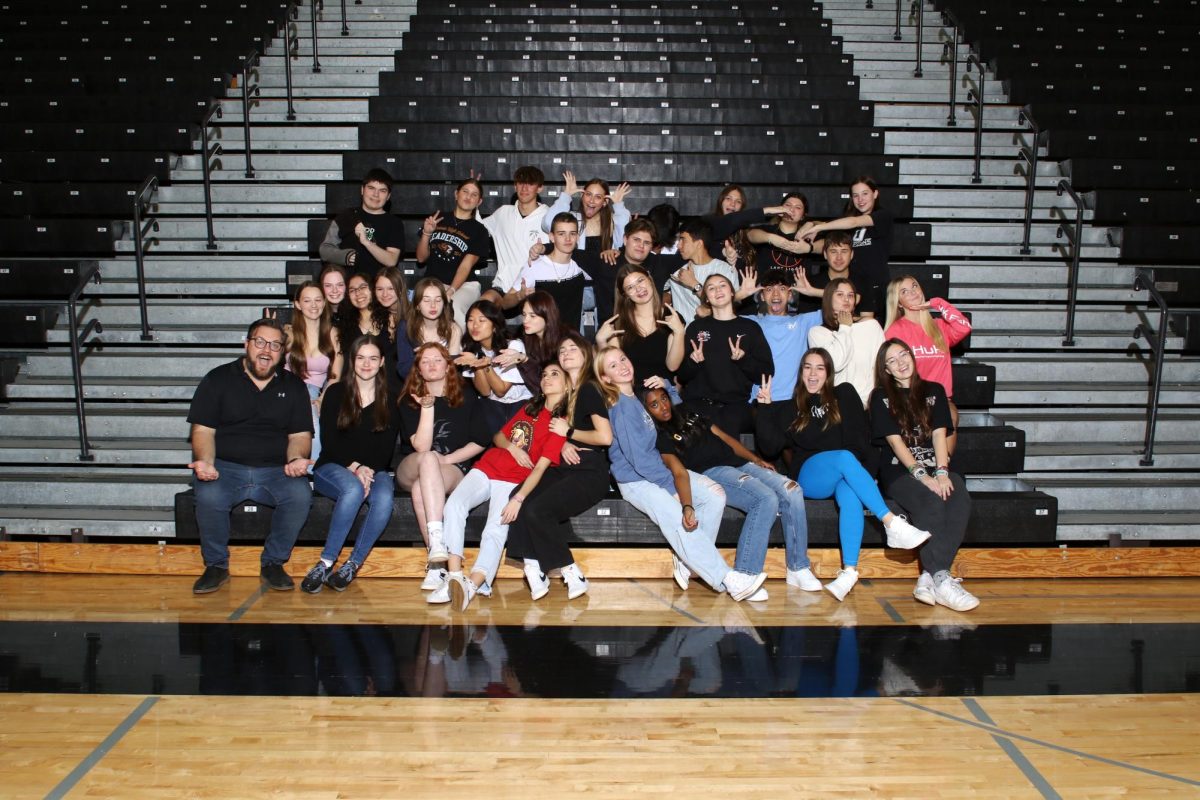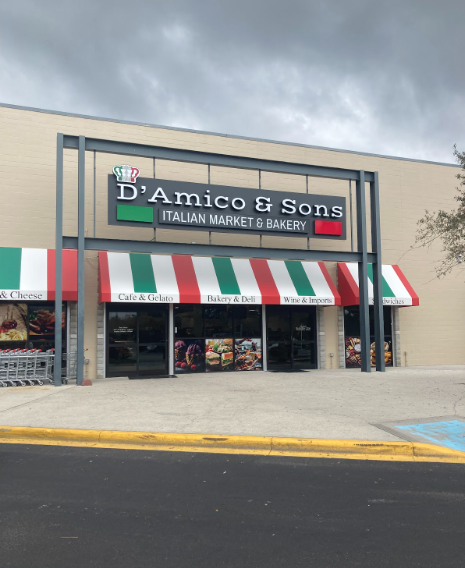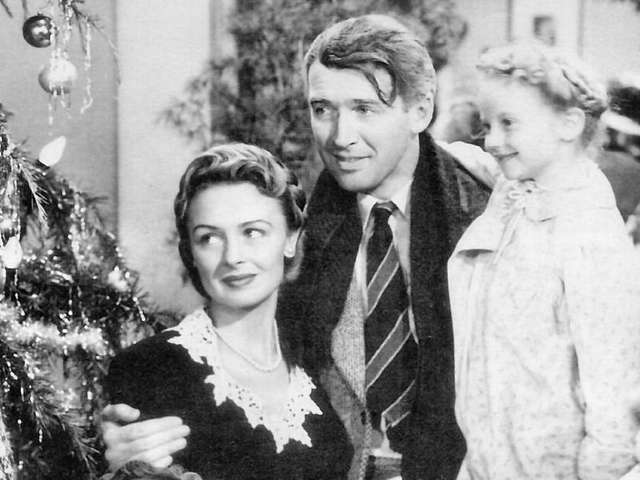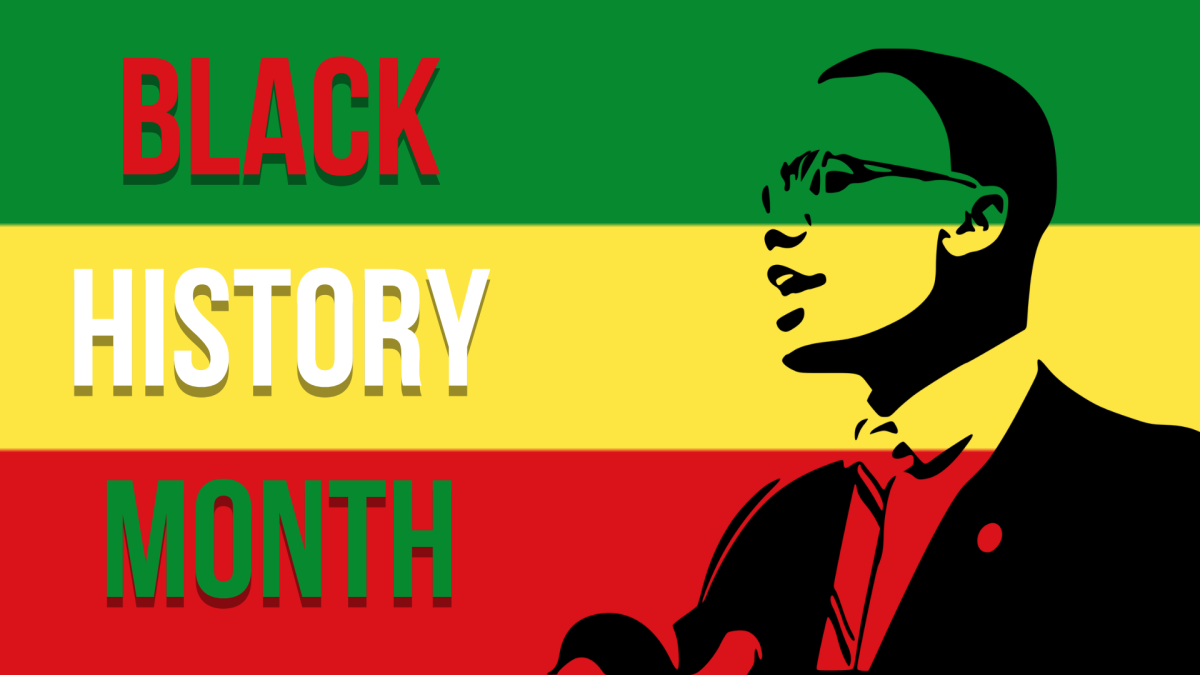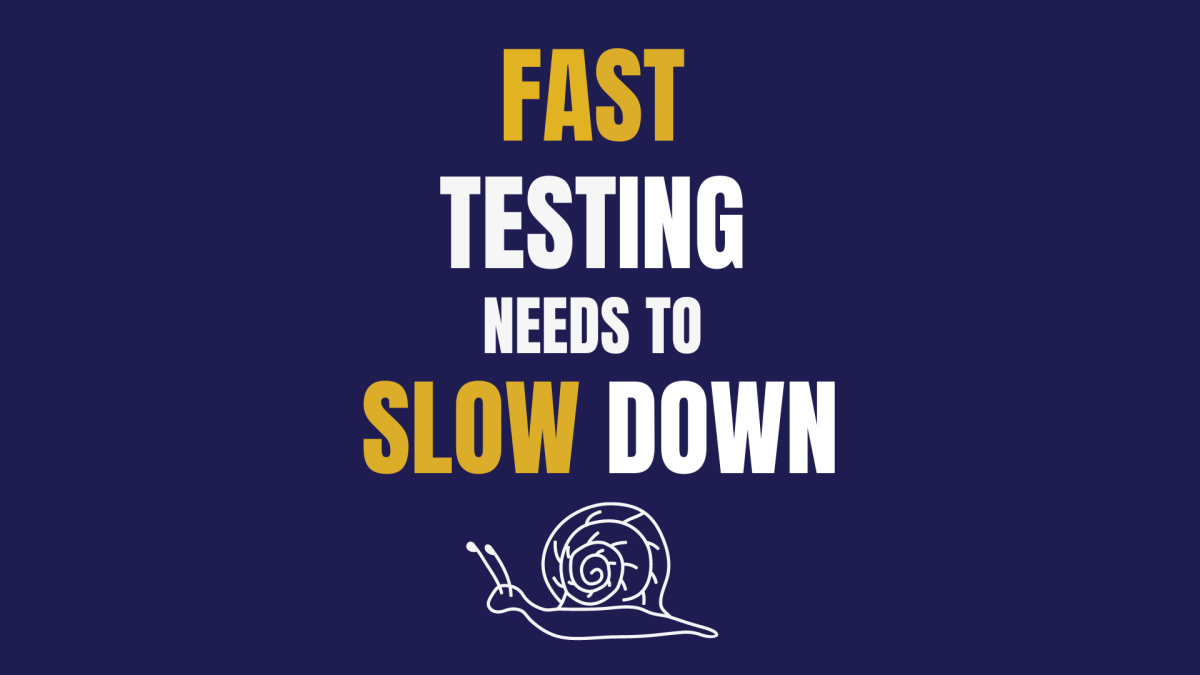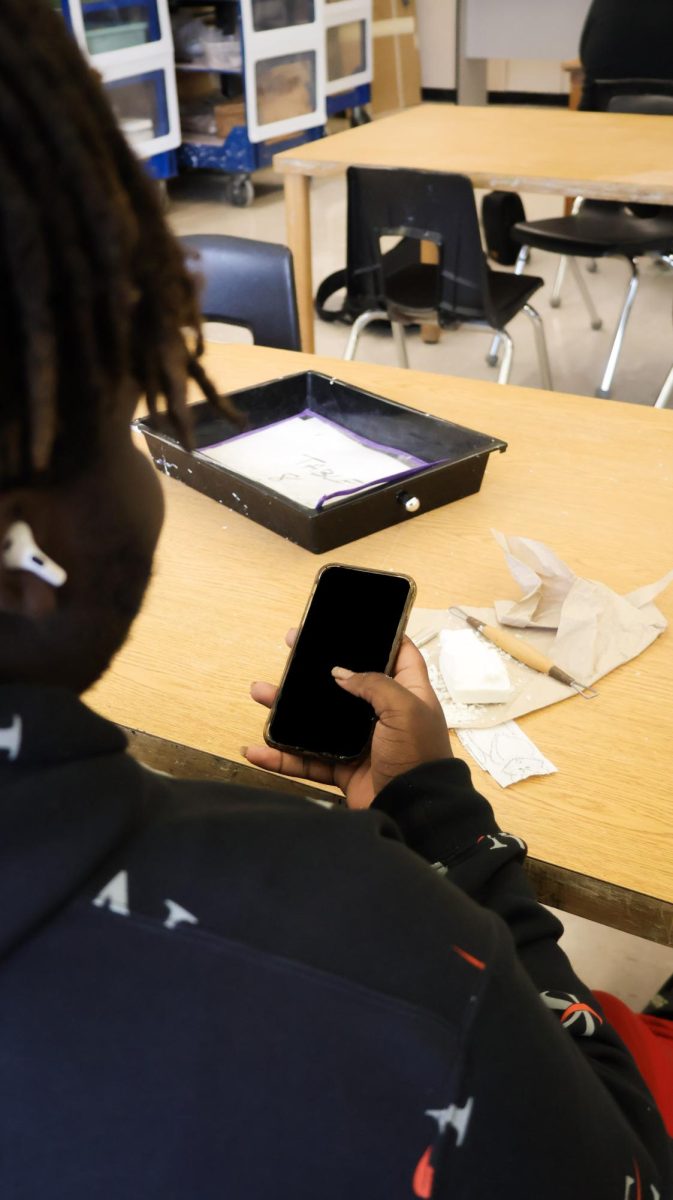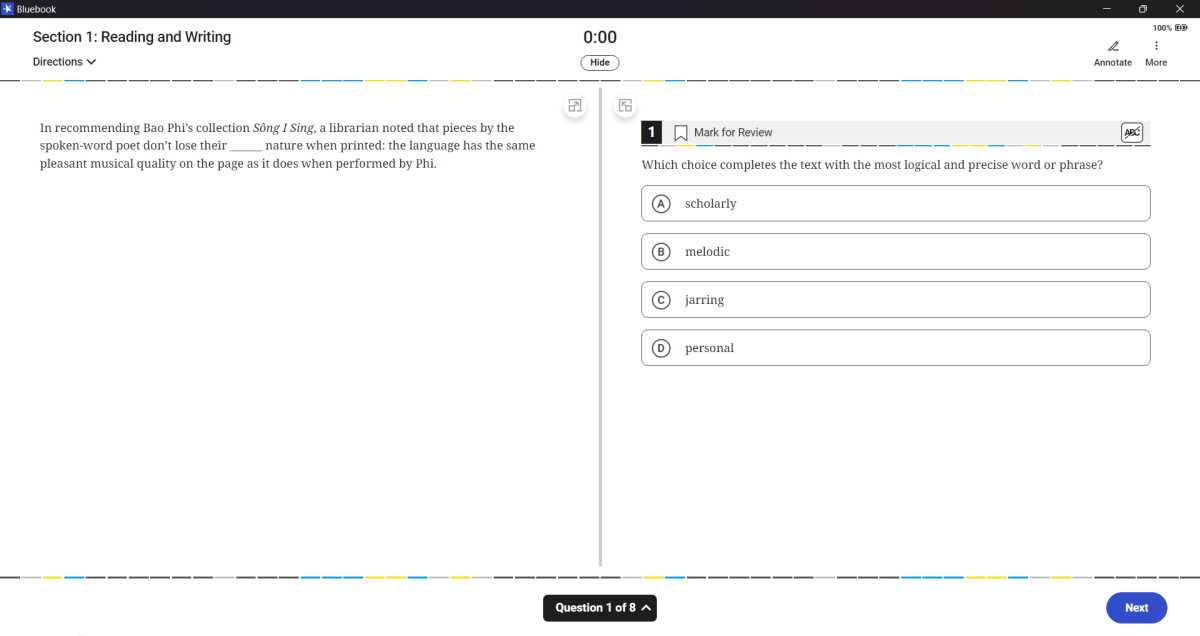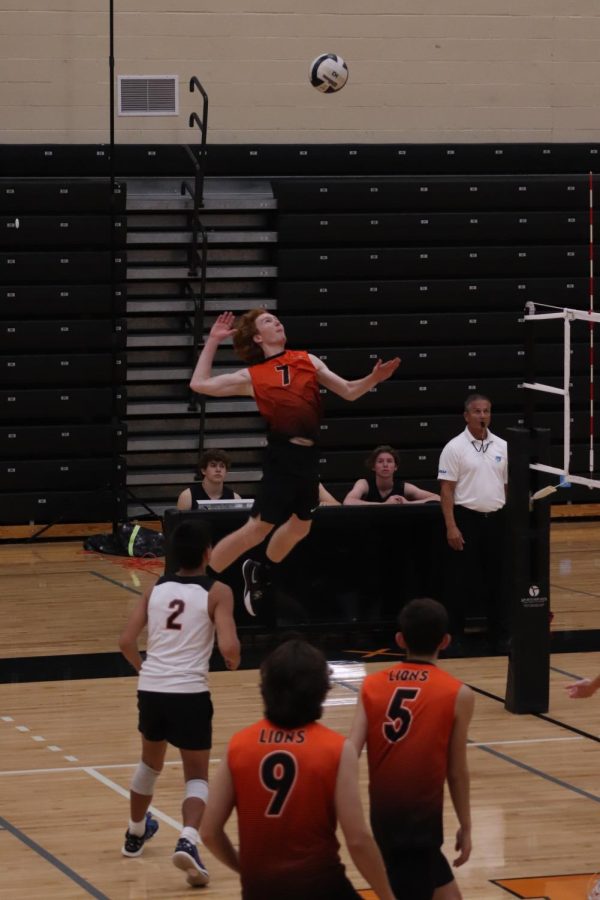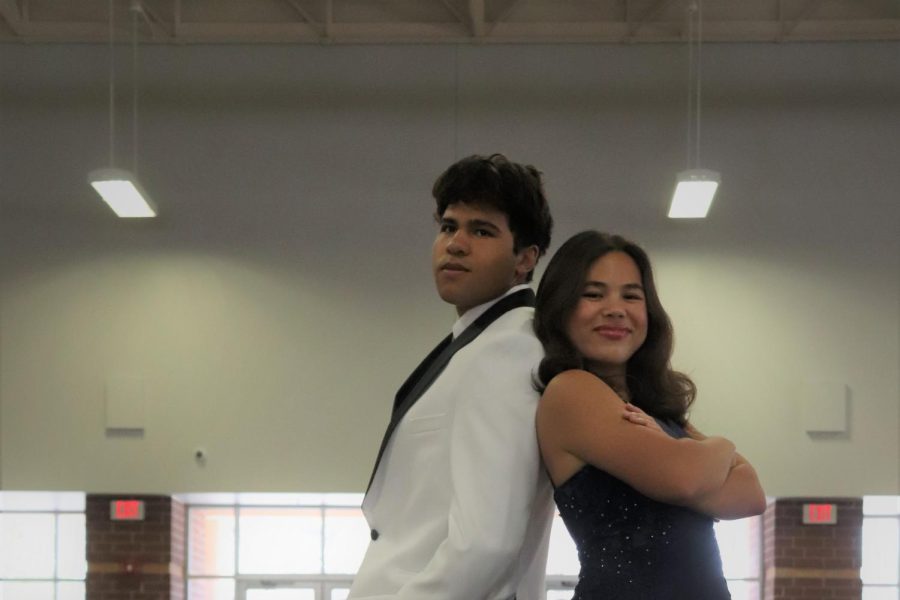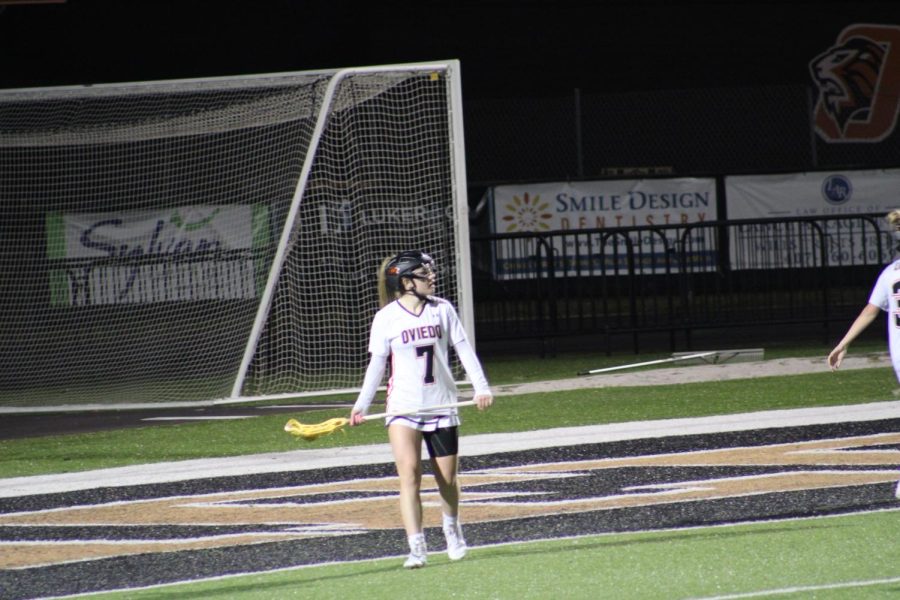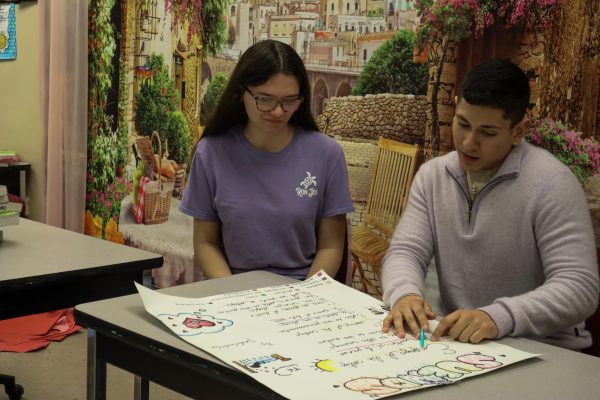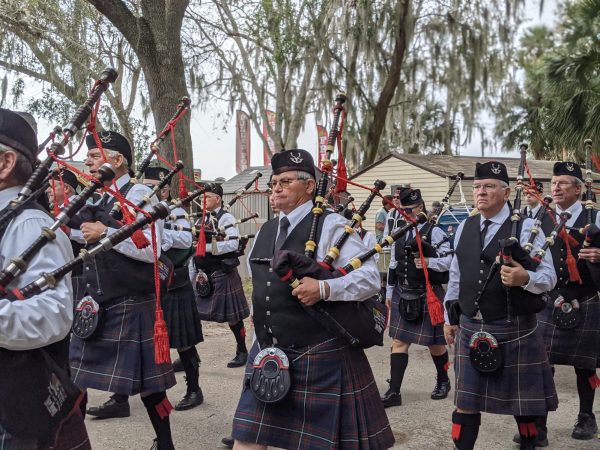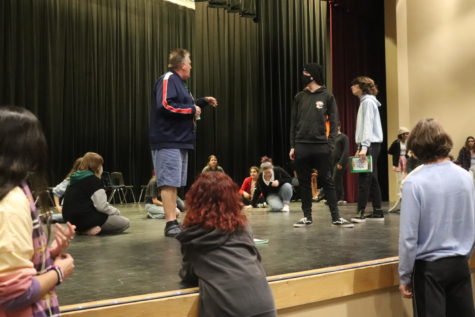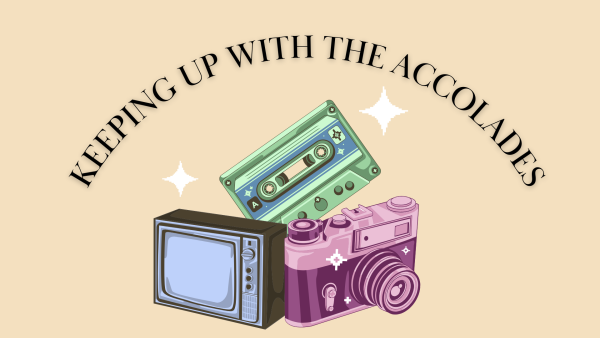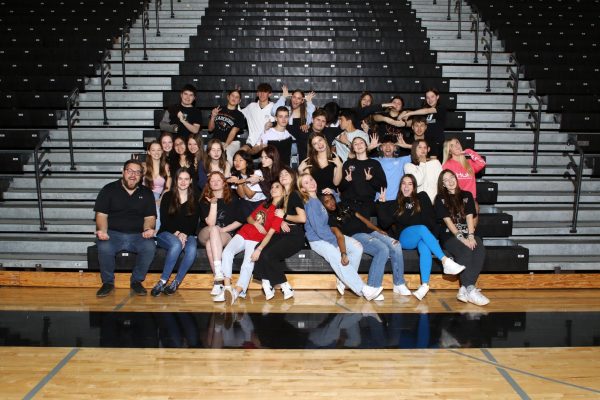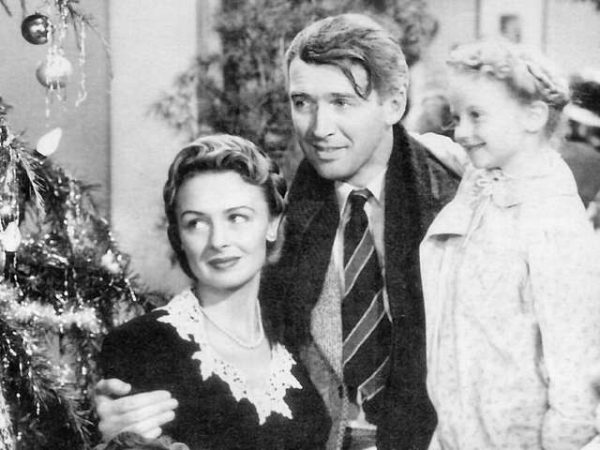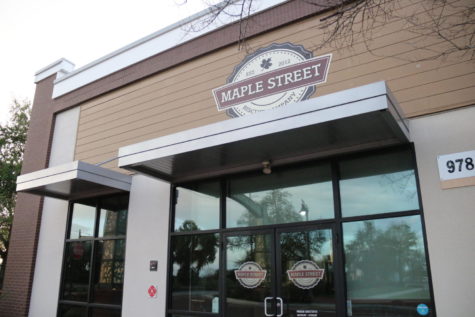The history of Halloween
WEB EXCLUSIVE
For Americans, Halloween is a beloved western holiday in which the community collectively dresses in frightening or comical costumes, children traveling door to door for trick-or-treating while adults celebrate with a drink or two.
Despite how differently the holiday is celebrated today, the earliest trace of it is Samhain, a Celtic festival where they celebrated what was thought to be an opportunity to communicate with deceased souls. Despite its origin, numerous people celebrate the holiday in their own fashion.
“I actually got married on Halloween,” said history and psychology teacher Kimberly Cox. “We still decorate and go trick-or-treating every year because of how much we love the holiday.”
Although the day is most popular amongst the United States, it’s celebrated distinctly by various countries. In Mexico, the holiday more commonly known as the “Day of the Dead” or Dia De Los Muertos, is viewed as more of a religious and respectful celebration of lost loved ones. Though often mixed up, the day is not their own Halloween celebration – but instead an entirely different holiday on its own.
“I personally think [Halloween] has gotten better and better with time,” said junior Sean Finnegean. “Because of events like Halloween Horror Nights that promote it, each year it’s always even more fun than the last.”
The Celts, Europeans who lived two-thousand years ago, initially believed that the dead had returned to earth, throwing a bonfire, dressing up in animal skins, and hosting a communion with the dead in celebration. When the Romans conquered the Celts, Samhain blended into Roman culture, and eventually the consecrated holiday of commemorating deceased relatives was drastically altered by the countries that celebrate the event.
But the holiday has been increasingly Americanized over the passing years. What was once a sacred day to grieve over deceased loved ones has become a night of free candy, scary movies, apple bobbing, haunted houses and extravagant parties.
“Because it’s been so colonized by Americans, there are always promotions for goods that have nothing to do with the original meaning of Halloween,” said freshman Joyce Tang. “The day is now associated with all these irrelevant things and no one really knows the true history of Halloween.”
Your donation will support the student journalists of Oviedo High School. Your contribution will allow us to purchase equipment and cover our annual website hosting and printing costs. Thank you!

